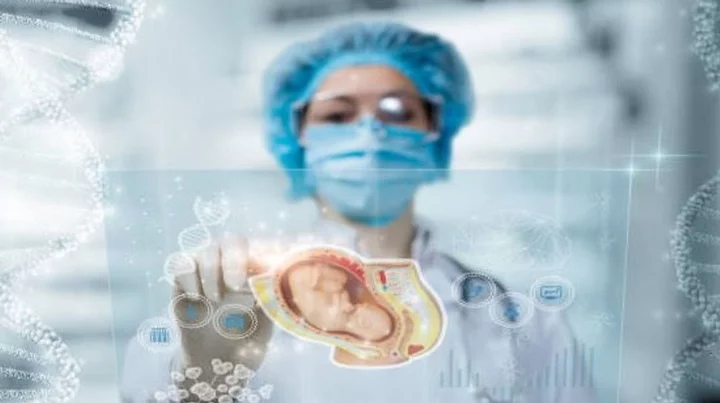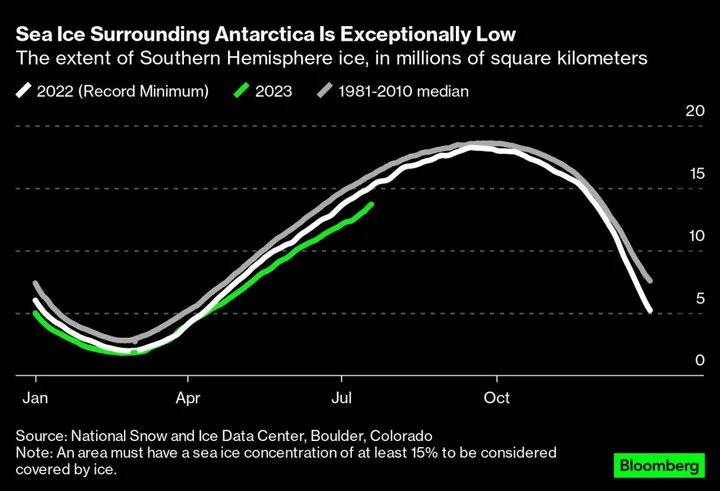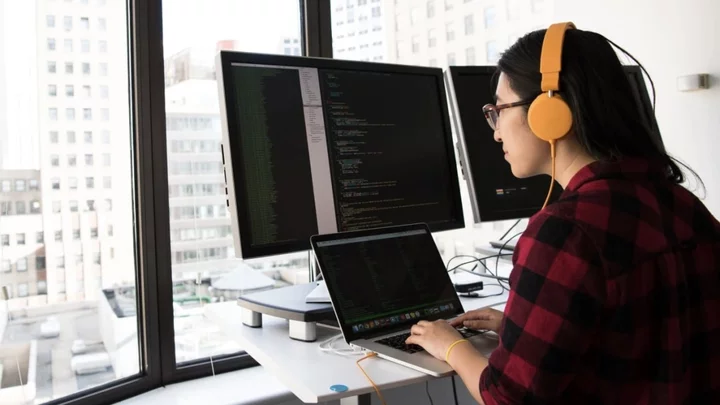Scientists in Israel have created a model of a human embryo from stem cells, without using sperm, eggs or a womb.
A team at Israel's Weizmann Institute of Science made the model, which resembles an embryo at day 14, when it acquires internal structures but before it lays down the foundations for body organs, and the work was published in the journal Nature. But the scientists involved said it would take a long time yet to create an embryo from scratch.
Team leader Jacob Hanna said the team took stem cells derived from adult human skin cells, as well as others cultured in the lab, then reverted the cells to an early state.They then manipulated them to make a model of an embryo, rather than an actual or synthetic one.
"The question is, when does an embryo model become considered an embryo? When that happens, we know the regulations. At the moment we are really, really far off from that point," Hanna said.
However, they said the work could open the door to new ways to test the effect of drugs on pregnancies, better understand miscarriages and genetic diseases, and maybe grow transplant tissues and organs.
"They are not identical. There are differences from human embryos, but still, this is the first time, if you open an atlas or a textbook, you can say - yeah I can really see the similarity between them," said Hanna.
"In about 1 percent of the aggregates we can see that the cells start differentiating correctly, migrating and sorting themselves into the correct structure, and the farthest we could get is day 14 in human embryo development," he said.
Their next goal, Hanna said, is to advance to day 21 and also reach a threshold of a 50 per cent success rate.
Magdalena Żernicka-Goetz, a professor of development and stem cells at the University of Cambridge, said the study joins six other similar human embryo-like models published from teams around the world this year, including from her lab.
"None of these models fully recapitulate natural human development but each adds to ways in which many aspects of human development can now be studied experimentally," she said.
Sign up to our free Indy100 weekly newsletter
Have your say in our news democracy. Click the upvote icon at the top of the page to help raise this article through the indy100 rankings.









